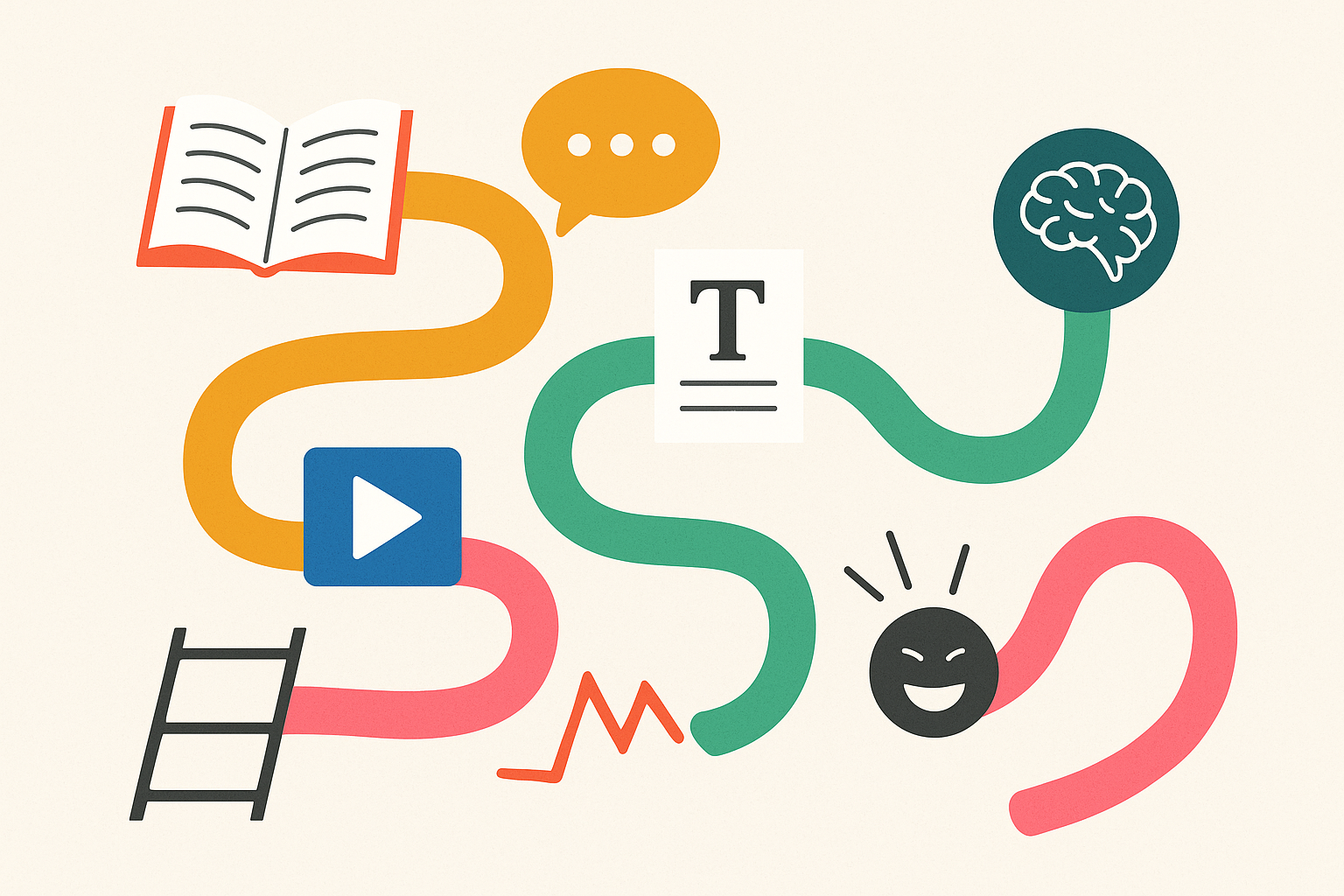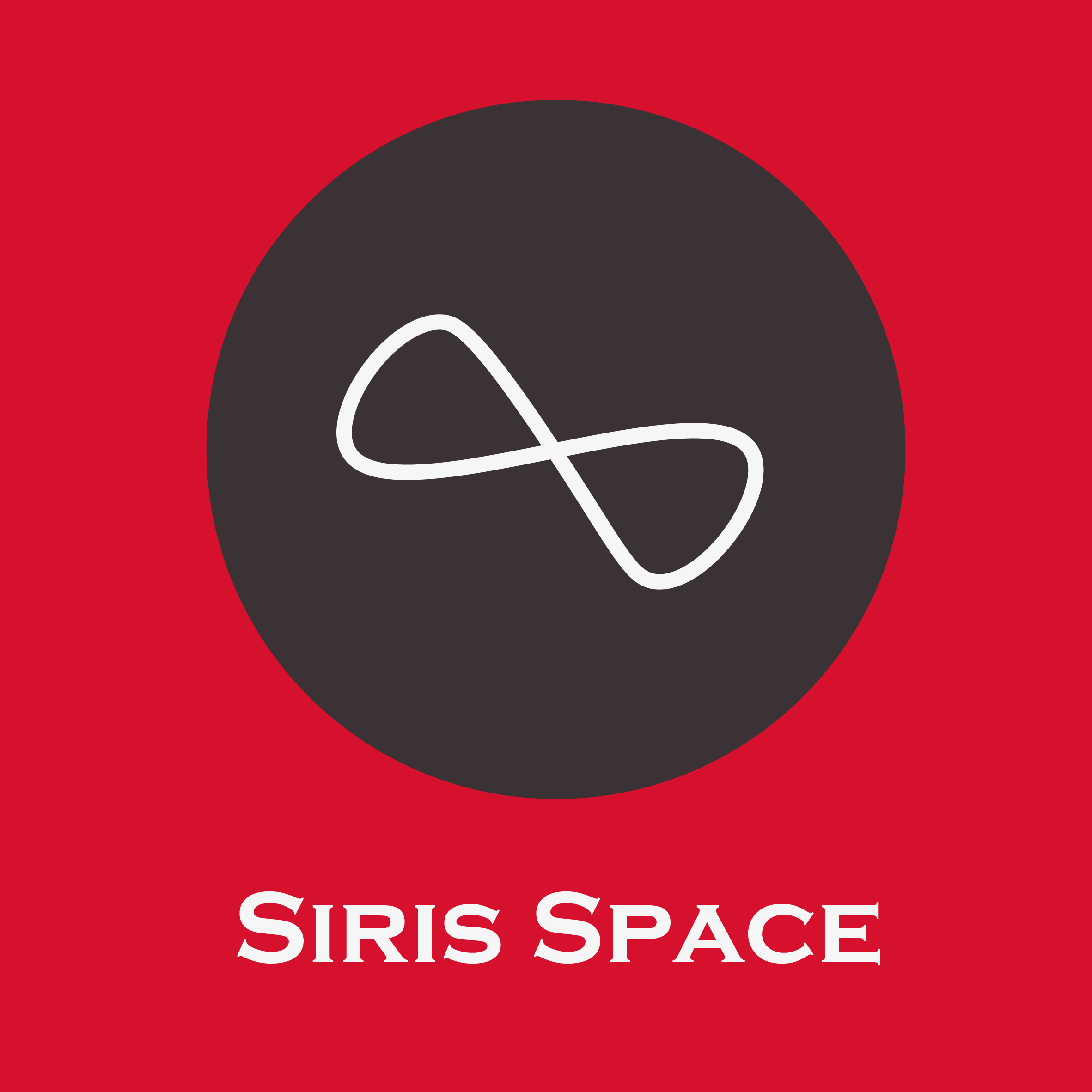“Digital Storytelling in Education”
PIC: 882025851
OID: E10405637
Available dates:
05-10 January 2026 (Mytilene, Lesvos)
02-07 March 2026 (Athens)
Target group: Teachers, Educators, Head Teachers, Education Consultants, Educational Staff.
Place: Athens and Mytilene, Greece
Short Description:
Stories are one of the most fundamental ways we learn. They help us connect, understand, and remember ideas, and teachers are storytellers by nature—using narratives to engage, explain, and inspire their students. This immersive five-day course explores how digital storytelling can transform the classroom, combining narrative techniques, multimedia tools, and creative practices to bring curriculum topics to life.
Participants will engage in hands-on workshops, collaborative projects, and interactive sessions, experimenting with humor, media production, and cutting-edge Artificial Intelligence tools to enhance their stories. Practical strategies for integrating storytelling into teaching, outdoor and museum-based narrative experiences, and reflective discussions ensure that teachers not only create compelling digital stories but also understand how to use them effectively to motivate and inspire their students. No prior experience is required—just a passion for sharing ideas and connecting with learners. By the end of the course, each participant will have crafted original digital stories ready to enrich their teaching practice.

You can apply using the Registration Form
Course full program:
Day 1 – Welcome & Introduction to Digital Storytelling
- 09:00–09:30 Registration, coffee, and informal meet-and-greet
- 09:30–10:15 Participant introductions and ice-breaking games
- 10:15–10:30 Break
- 10:30–11:30 What is Digital Storytelling? Everyday and educational impact
- 11:30–12:15 Group discussion: Why DS matters in education
- 12:15–12:30 Break
- 12:30–14:00 Reflection and overview of the week
Day 2 – From Theory to First Stories
- 09:00–09:15 Recap and daily goals
- 09:15–10:15 Theoretical review of DS in education; key classroom benefits
- 10:15–10:30 Break
- 10:30–11:15 Elements of a compelling story: structure, character, pacing
- 11:15–12:15 Group workshop: Create a story on a school subject
- 12:15–12:30 Break
- 12:30–14:00 Select media and present first drafts; peer feedback
Day 3 – Humor & Comedy in Digital Stories
- 09:00–09:15 Warm-up and recap
- 09:15–10:00 What makes a story funny and memorable?
- 10:00–10:15 Break
- 10:15–11:00 Rules of comedy: timing, set-up/punchline, inclusive humor
- 11:00–12:00 Team workshop: Develop a short humorous story on an educational theme
- 12:00–12:15 Break
- 12:15–14:00 Production & presentations with peer feedback
Day 4 – Outdoor Storytelling & Cultural Spaces
- 09:00–09:15 Morning briefing and surprise destination reveal
- 09:15–09:45 Travel to a major museum (e.g., Acropolis Museum, Athens)
- 09:45–11:30 Guided “walkative” exploration: observing artifacts as storytellers
- 11:30–11:45 Break (on site)
- 11:45–12:45 On-location workshop: create a short story inspired by exhibits
- 12:45–13:30 Group sharing of concepts
- 13:30–14:00 Return and reflection: bringing museum narratives to the classroom
Day 5 – Enhancing Stories with Artificial Intelligence
09:00 – 09:15 Morning briefing and reflection on the week so far
09:15 – 10:15 AI in Digital Storytelling: Overview of accessible tools (text, image, voice, video)
10:15 – 10:30 Break
10:30 – 11:15 The Narrative Paradox: guiding AI without losing creative control
11:15 – 12:15 Hands-on workshop: apply AI tools to refine and expand your digital story
12:15 – 12:30 Break
12:30 – 14:00 Continue story development and one-to-one feedback sessions with trainers
Day 6 – Showcase, Reflection & Closing Ceremony
09:00 – 09:30 Informal start and preparation for final presentations
09:30 – 11:00 Final presentations: participants showcase their completed digital stories
11:00 – 11:15 Coffee/snack break
11:15 – 12:15 Group reflection and discussion: lessons learned, challenges, and classroom applications
12:15 – 12:30 Break
12:30 – 13:30 Course wrap-up: sharing future collaboration ideas and project dissemination
13:30 – 14:00 Farewell ceremony and certificate awards

